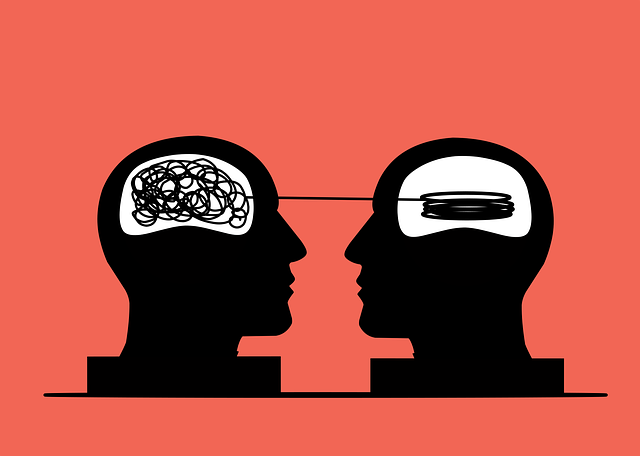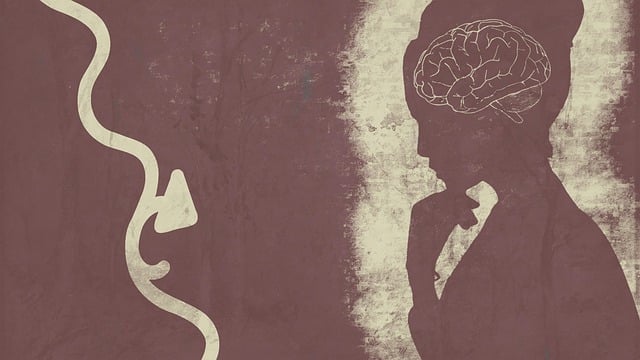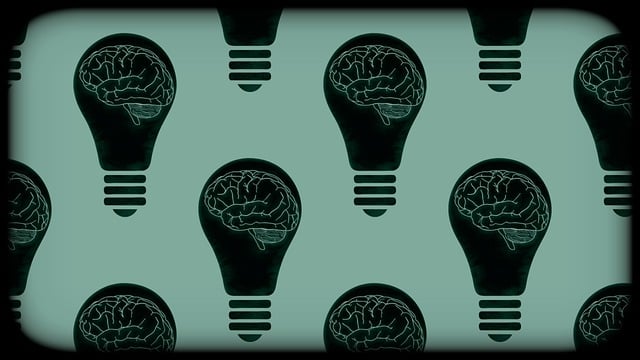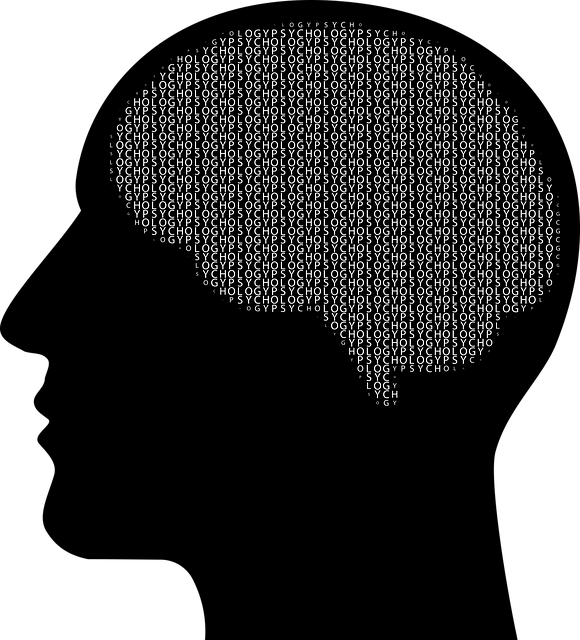Media portrayals significantly shape societal perceptions of mental health, influencing public opinion and affecting individuals living with these conditions. Accurate and positive representations in films, TV shows, and news can foster empathy and encourage support for those seeking help. Negative or inaccurate depictions may perpetuate stigma and deter treatment-seeking behaviors. Broomfield Developmental Disability Therapy advocates for responsible media representation through their Community Outreach Program, focusing on challenging stereotypes, building resilience, and enhancing cultural sensitivity in mental healthcare practice. Their holistic model, encompassing burnout prevention, coping skills development, and social skills training, aims to create a more inclusive society where individuals with developmental disabilities are seen as capable and deserving of respect. Promoting accurate and empathetic media portrayals is crucial for challenging societal stigma and fostering understanding and compassion.
In today’s media landscape, accurate representation of mental illness is more crucial than ever. This article explores how media portrayals significantly shape public perception of mental health, impacting individuals seeking support. We present a case study of Broomfield Developmental Disability Therapy, known for its holistic approach to representing diverse mental health conditions. Additionally, we offer strategies to promote empathetic and realistic media depictions, fostering a more understanding society.
- Understanding the Impact of Media Portrayals on Mental Health Perception
- Broomfield Developmental Disability Therapy: A Holistic Approach to Representation
- Strategies for Promoting Accurate and Empathetic Media Depictions of Mental Illnesses
Understanding the Impact of Media Portrayals on Mental Health Perception

Media portrayals play a significant role in shaping societal perceptions and understanding of mental health. The way mental illness is depicted in films, television shows, and news media can influence public opinion and attitudes, often with profound effects on individuals living with these conditions. Positive representations can foster empathy and encourage support for those seeking help, while negative or inaccurate portrayals may lead to stigma, discrimination, and a reluctance to seek treatment. This is particularly concerning as media is a powerful tool that reaches vast audiences, especially the younger generation.
At Broomfield Developmental Disability Therapy, we believe in the power of responsible media representation to challenge these stereotypes. By promoting accurate and diverse portrayals of mental illness through our Community Outreach Program Implementation, we aim to build resilience and cultural sensitivity in mental healthcare practice. This approach ensures that media serves as a catalyst for positive change, encouraging open conversations about mental health issues and reducing the barriers to access quality care.
Broomfield Developmental Disability Therapy: A Holistic Approach to Representation

Broomfield Developmental Disability Therapy offers a unique and comprehensive approach to representing mental illness in media. This therapy model recognizes that understanding and portraying developmental disabilities accurately is essential for challenging stereotypes and promoting empathy. By adopting a holistic perspective, therapists aim to showcase the diverse experiences of individuals with these conditions, moving beyond simplistic narratives.
The approach involves not only Burnout Prevention Strategies for Healthcare Providers but also focuses on empowering patients through Coping Skills Development and Social Skills Training. This multi-faceted strategy ensures that media representation is not just accurate but also promotes positive change. It encourages a deeper understanding of the challenges faced by those with developmental disabilities, fostering an environment where they are seen as capable individuals deserving of respect and support.
Strategies for Promoting Accurate and Empathetic Media Depictions of Mental Illnesses

Promoting accurate and empathetic media portrayals of mental illnesses is a crucial step in challenging societal stigma. Media has the power to shape public perception, so representing mental health conditions with sensitivity can help foster understanding and compassion. One effective strategy is encouraging media creators to consult with mental health professionals and individuals living with these disorders to ensure authenticity. This collaboration can provide valuable insights into the unique experiences and challenges associated with various mental illnesses.
Additionally, focusing on nuanced storytelling that avoids stereotypes is essential. Instead of relying on simplistic narratives, media outlets should explore the complexity of mental health struggles, highlighting the diverse range of symptoms, recovery journeys, and resilience. Integrating these strategies, such as those used in Broomfield Developmental Disability Therapy, can include conflict resolution techniques and risk management planning for mental health professionals, ensuring that content creators are equipped to handle sensitive material responsibly. Social skills training can also empower individuals with mental illnesses to share their stories authentically, contributing to a more comprehensive and empathetic media landscape.
Media portrayal plays a significant role in shaping societal understanding of mental health. By adopting strategies that promote accurate and empathetic depictions, such as the holistic approach offered by Broomfield Developmental Disability Therapy, we can challenge negative stereotypes and foster greater compassion. This, in turn, may encourage those struggling with mental illnesses to seek support and treatment. It’s crucial to remember that responsible media representation can be a powerful tool in improving mental health outcomes for all.














